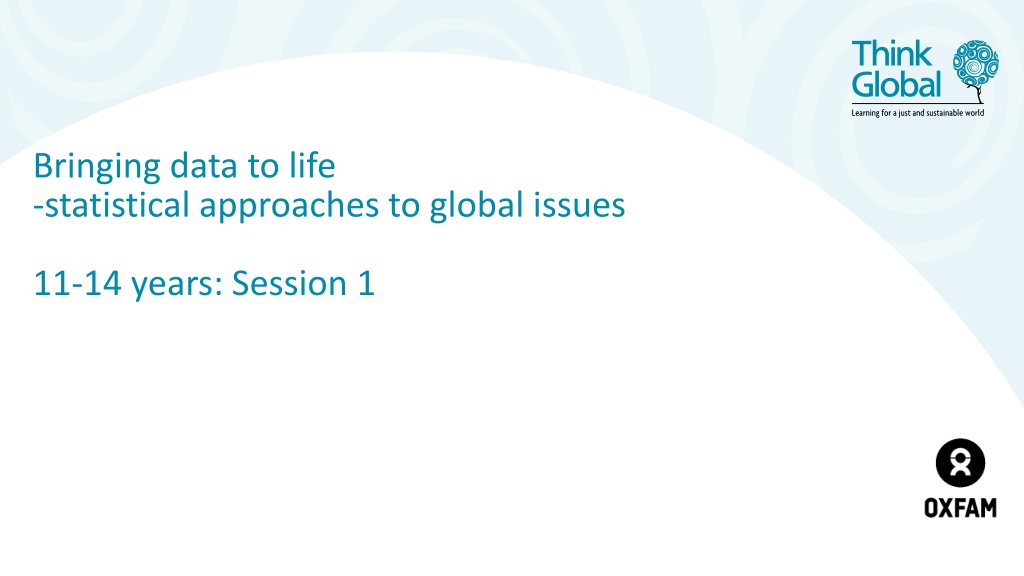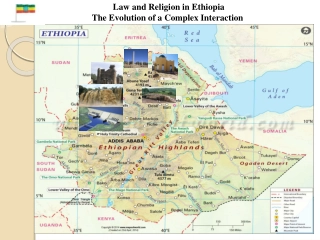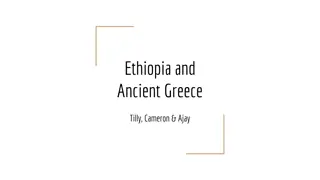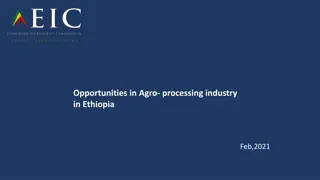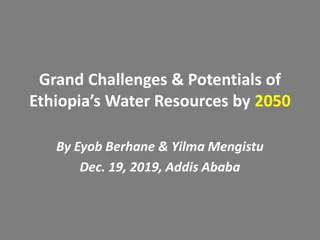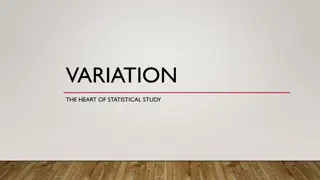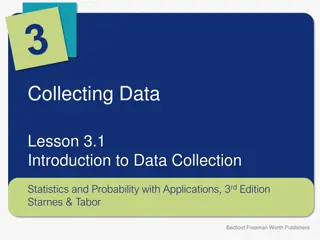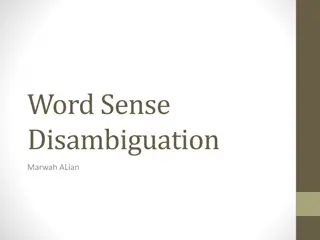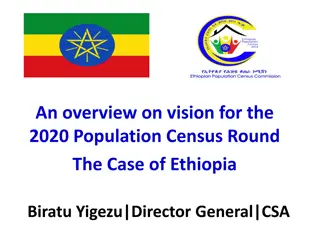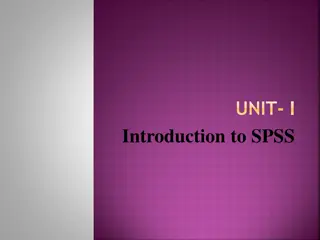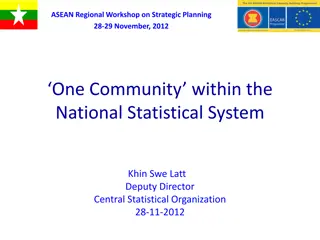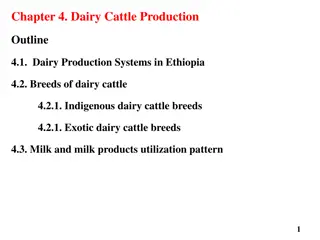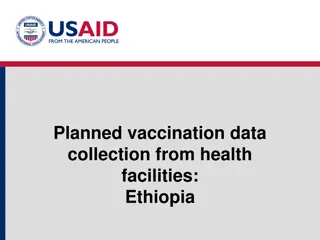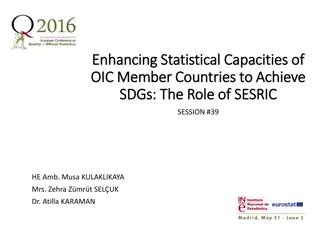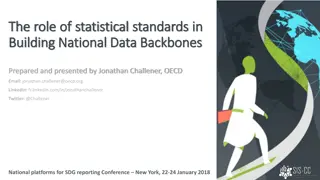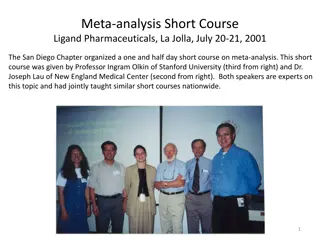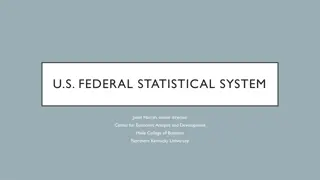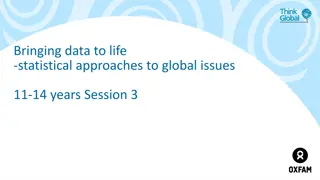Exploring Life in Ethiopia Through Statistical Approaches and Images
Discover the diverse experiences in Ethiopia through a collection of images capturing aspects of daily life, from collecting data to women beekeepers at work. Explore the setting, living conditions, and roles of women in Ethiopia, shedding light on the statistical approaches to global issues affecting the region.
Download Presentation

Please find below an Image/Link to download the presentation.
The content on the website is provided AS IS for your information and personal use only. It may not be sold, licensed, or shared on other websites without obtaining consent from the author. Download presentation by click this link. If you encounter any issues during the download, it is possible that the publisher has removed the file from their server.
E N D
Presentation Transcript
Bringing data to life -statistical approaches to global issues 11-14 years: Session 1
Come up with four questions about these photos. Photo credits: Oxfam
Come up with four questions about these photos. Photo credit: Oxfam
Come up with four questions about these photos. Photo credit: Oxfam
What is Ethiopia like? Setting the scene
What is life like for the women honey producers? Setting the scene
Photo credit: Oxfam Women honey producers
Photo credit: Oxfam Modern bee hives
Photo credit: Oxfam Ethiopian woman with her bee hives
Photo credit: Oxfam Women bee keepers working together
Photo credit: Oxfam A women s bee-keeping group meeting
Photo credit: Oxfam Ethiopian women at a market
Photo credit: Oxfam Ethiopian women at a market
Ethiopia 1. What can you tell about honey production and Ethiopia from the photos you have seen? 2. Where in the world is Ethiopia? Use continent names and compass directions in your answer. 3. Why is honey production important to Ethiopia? Use some figures in your answer. 4. How has the honey sector changed over recent years? 5. What role do women have in honey production? 6. What is the climate of Ethiopia like? 7. How wealthy (GDP) is Ethiopia compared to other countries?
Case studies After reading the case study, add two more pieces of information to your description about the role of women in Ethiopia and two more pieces of information about honey production.
Data collection challenges How much data should be collected? When should it be collected? Who should collect it? Do people always give honest answers? Why might they not give an honest or full answer? How do you compare the women you are collecting data on to the rest of the population?
